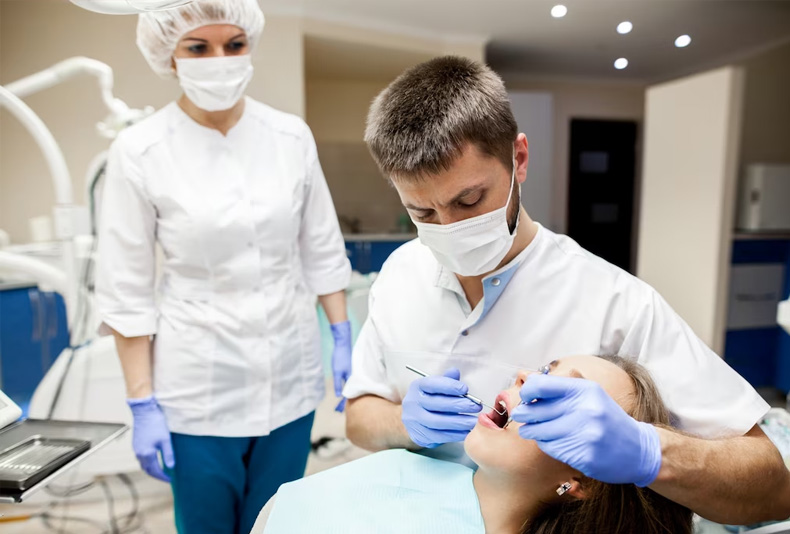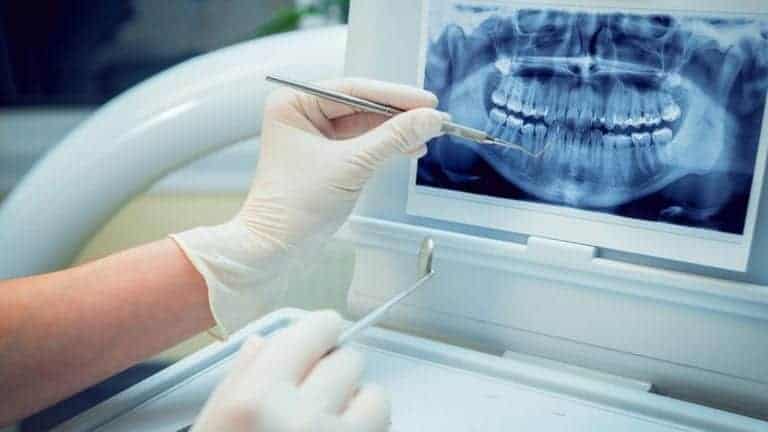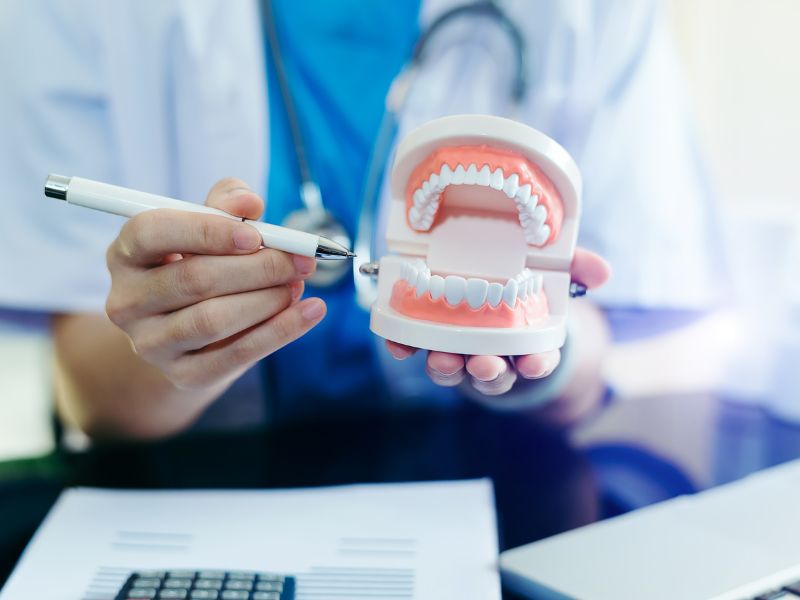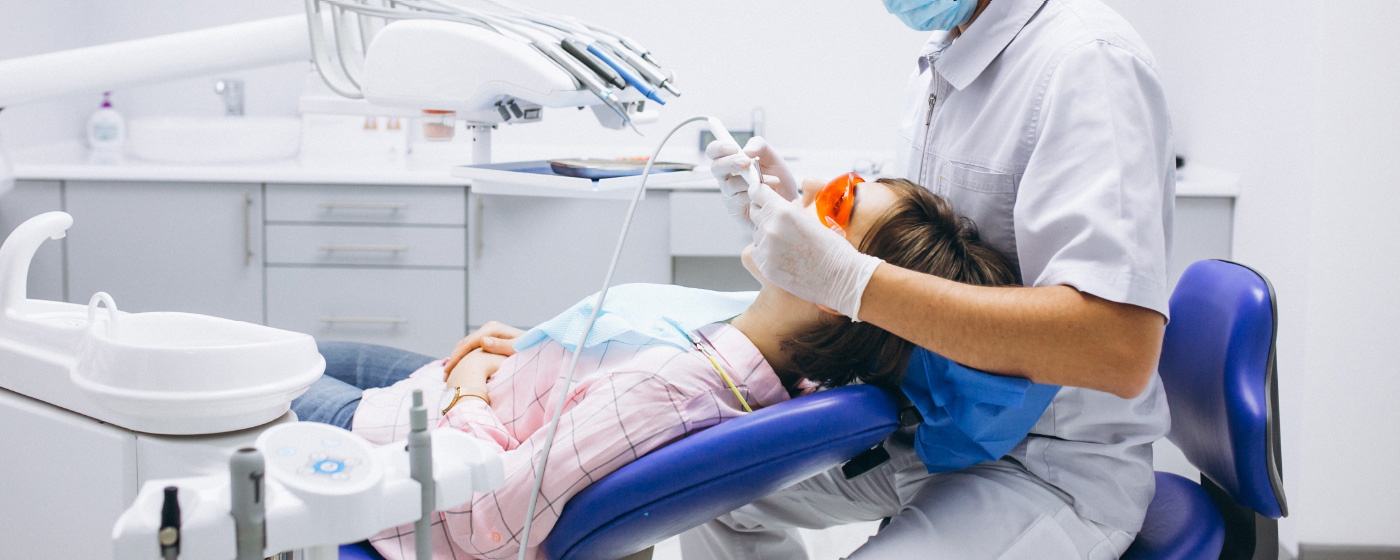
Choosing the right tooth replacement option can be overwhelming. Whether you’re an oral health enthusiast, seeking dental implants, or considering dentures, finding the perfect solution for your needs is essential. In this guide, we’ll walk you through the best tooth replacement options, their benefits, and how to select the best one for you so you can make informed decisions. Let’s begin!
Understanding Tooth Loss and Its Impact
Tooth loss affects more than just your smile. It can impact how you eat, speak, and even your self-esteem. Understanding the implications of tooth loss is the first step in recognizing the importance of choosing the right replacement option. Missing teeth can lead to bone loss, shifting of surrounding teeth, and changes in facial structure.
Without a proper replacement, the surrounding teeth may move into the gap, causing misalignment. Additionally, bone loss in the jaw can occur where teeth are missing, leading to further oral health issues. Therefore, finding an appropriate tooth replacement is crucial for maintaining overall dental health and appearance.
Dentures
Dentures are another common tooth replacement option. They are removable appliances that replace missing teeth and surrounding tissues. Dentures come in two main types—complete and partial. Complete dentures are used when all teeth are missing, while partial dentures are suitable for individuals with some natural teeth remaining.
One significant benefit of dentures is their affordability compared to dental implants. They are also non-invasive and do not require surgery. Modern dentures are designed to look natural and improve the wearer’s ability to eat and speak. On the downside, dentures can be uncomfortable and may require adjustments over time. They also need to be removed and cleaned regularly.
Fixed Bridges
Fixed bridges are a popular choice for replacing one or more missing teeth. A bridge consists of artificial teeth anchored to adjacent natural teeth or dental implants. This method is effective in restoring function and aesthetics. One benefit of fixed bridges is that they do not require removal for cleaning, making them more convenient than dentures. They also provide a natural appearance and can last several years with proper care.
However, fixed bridges can put stress on the supporting teeth, potentially leading to damage over time. They also require the adjacent teeth to be healthy and strong enough to support the bridge. Regular dental check-ups are essential to monitor the condition of the bridge and supporting teeth.
Resin-Bonded Bridges
Resin-bonded bridges, also known as Maryland bridges, are a conservative alternative to traditional fixed bridges. They consist of a false tooth with metal wings bonded to the adjacent teeth. This method is less invasive and preserves more of the natural tooth structure. The primary advantage of resin-bonded bridges is their minimally invasive nature.
They require less preparation of the adjacent teeth and are often a quicker, more affordable option. However, resin-bonded bridges may not be as durable as traditional fixed bridges. They are typically used for replacing front teeth where the stress on the restoration is lower. This option may not be suitable for individuals with significant tooth grinding or bite issues.
Dental Implants
Dental implants are a popular and reliable tooth replacement option. They involve inserting a titanium post into the jawbone, which acts as a root for the replacement tooth. Over time, the implant fuses with the bone, providing a sturdy foundation for a crown, bridge, or denture. One of the main advantages of dental implants is their durability.
They mimic the function and appearance of natural teeth and can last a lifetime with care. Implants also help preserve the jawbone, preventing bone loss and maintaining facial structure. However, dental implants require surgery and recovery. Consulting with experienced clinics, like Family Dental Care of Wilmington, can help determine if this option is right for you.
Overdentures
Overdentures are a type of denture that fits over a small number of remaining natural teeth or dental implants. They provide additional stability and retention compared to traditional dentures. One of the key benefits of overdentures is their enhanced stability. They are less likely to shift or move during eating and speaking, providing greater comfort and confidence.
However, overdentures require regular maintenance and care. The remaining natural teeth or implants must be kept in good health to support the overdenture effectively. This option may involve a higher initial cost but offers improved functionality and comfort.
All-on-4 Implants
All-on-4 implants are an innovative solution for replacing an entire arch of teeth. This method uses four strategically placed dental implants to support a full set of prosthetic teeth. The main advantage of All-on-4 implants is the reduced number of implants needed. This approach can be more cost-effective and less invasive than placing individual implants for each missing tooth.
It also provides a stable and secure fit, similar to natural teeth. However, All-on-4 implants require surgery and a recovery period. Not all patients are suitable candidates, particularly those with significant bone loss. Consulting with a dental professional is essential to determine if this option is right for you.
Bone Grafts and Sinus Lifts
In some cases, patients may require additional procedures before receiving dental implants. Bone grafts and sinus lifts are common techniques used to prepare the jawbone for implants. Bone grafts involve adding bone material to the jaw to increase its density and volume. This procedure is necessary for patients with insufficient bone to support implants.
Sinus lifts are performed when there is not enough bone height in the upper jaw, particularly near the molars. This procedure involves lifting the sinus membrane and adding bone to the area. Both procedures can significantly improve the success rate of dental implants. However, they require time and recovery, which should be considered in the overall treatment plan.
Choosing the right tooth replacement option is a significant decision that can impact your oral health, appearance, and quality of life. By understanding the various options available and their benefits, you can make an informed choice that suits your needs. Remember to consult with dental professionals, consider your personal preferences, and explore the options that align with your lifestyle.











